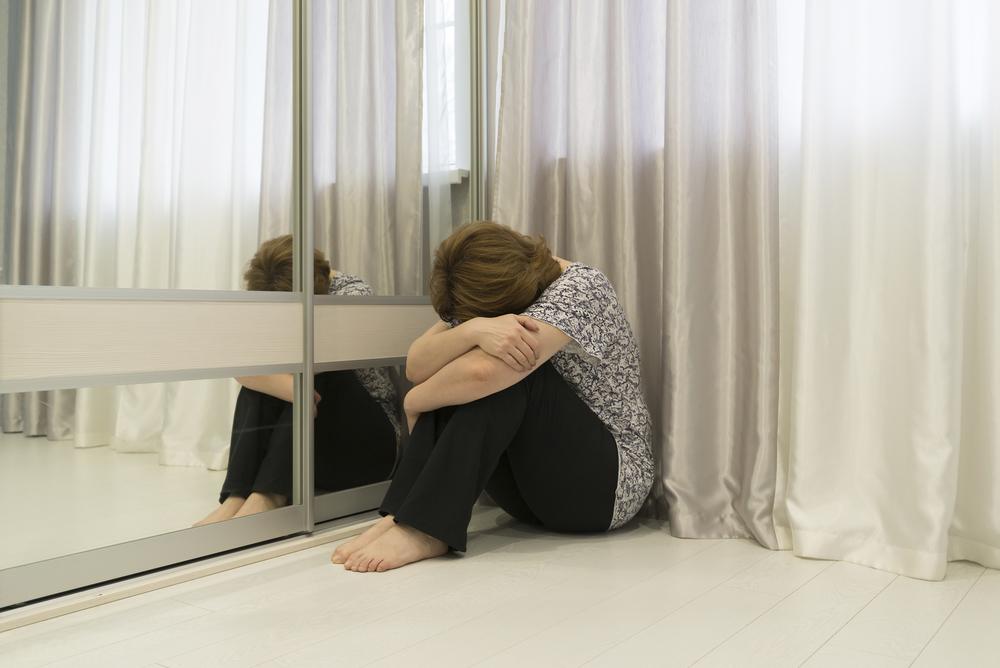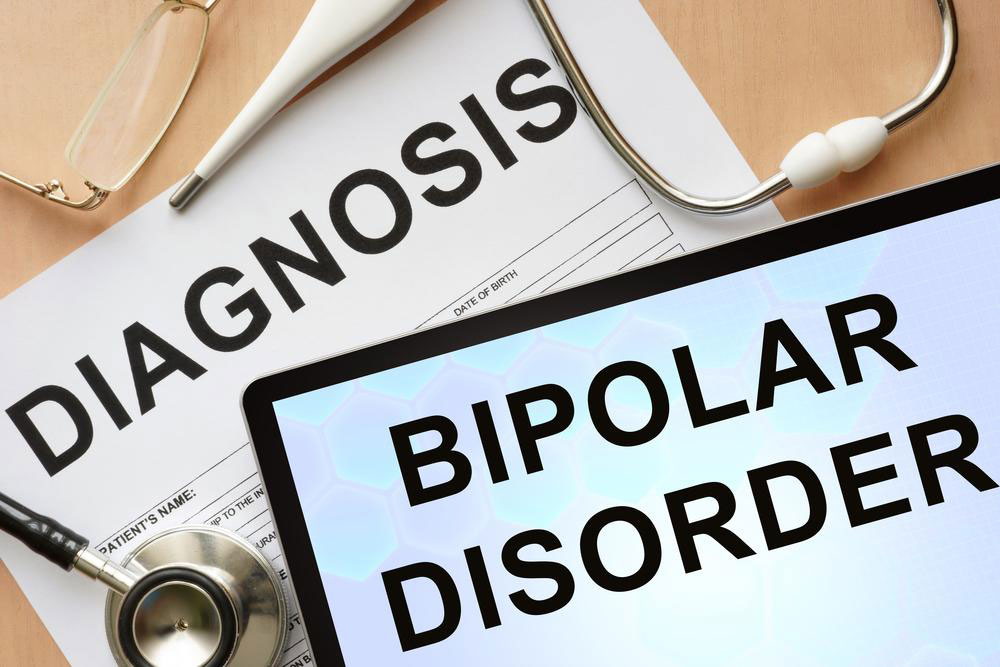Comprehensive Guide to Managing Anxiety and Panic Attacks: Effective Strategies and Lifestyle Changes
This comprehensive guide explores effective strategies and lifestyle changes to help individuals manage anxiety and panic attacks. It highlights treatment options such as psychotherapy and medication, along with lifestyle modifications including exercise, stress management, and sleep hygiene. Early intervention and consistent self-care are crucial for long-term stability. Whether you are newly diagnosed or seeking additional support, this article provides valuable insights into controlling anxiety and enhancing mental wellness for a better quality of life.

Comprehensive Guide to Managing Anxiety and Panic Attacks: Effective Strategies and Lifestyle Changes
Experiencing anxiety and panic attacks can be overwhelming and disruptive to daily life. These mental health conditions can affect individuals of all ages and backgrounds, impacting personal relationships, work performance, and overall well-being. Understanding the nature of anxiety disorders, recognizing symptoms early, and adopting effective management strategies are essential steps toward achieving stability and improving quality of life. This comprehensive guide explores proven treatment options, lifestyle modifications, and daily habits that can help individuals better manage their anxiety and prevent panic episodes.
Understanding the available treatment options for anxiety is crucial for effective management:
Psychotherapy: Often considered the frontline approach, psychotherapy involves structured sessions with trained mental health professionals. The primary goal is to help individuals articulate their fears, identify triggers, and develop coping mechanisms. Cognitive Behavioral Therapy (CBT) is particularly effective for anxiety disorders. It focuses on changing negative thought patterns and behavioral responses that contribute to anxiety. Over several sessions, individuals learn to challenge harmful beliefs and respond more healthily to stressful situations. Progress is typically monitored during initial weeks, with adjustments made as needed. Additionally, combining therapy with medication can sometimes accelerate recovery and provide more stable relief.
Medications: Pharmacological treatments can significantly reduce the severity of anxiety symptoms, especially when combined with therapy. It’s important to note that medication should be prescribed and monitored by a healthcare professional, tailored to each individual's needs.
Antidepressants: Selective Serotonin Reuptake Inhibitors (SSRIs) and Serotonin-Norepinephrine Reuptake Inhibitors (SNRIs) are the most commonly prescribed drugs for anxiety disorders. Medications such as escitalopram, venlafaxine, duloxetine, and paroxetine are frequently used to help stabilize mood and reduce anxious feelings. These medications usually take a few weeks to reach full efficacy but can provide long-term relief when taken consistently.
Buspirone: This anti-anxiety medication is specifically designed to target symptoms of generalized anxiety disorder. It works gradually, taking several weeks to reach optimal effectiveness. When used alongside psychotherapy, buspirone can help provide steady, manageable relief from chronic anxiety.
Benzodiazepines: Medications like diazepam, lorazepam, and alprazolam are often prescribed for short-term management of severe panic attacks. They act quickly to calm acute symptoms but are generally recommended for short durations due to their potential for dependency and tolerance. Healthcare providers carefully evaluate whether these drugs are appropriate, particularly for individuals at risk of substance abuse.
While professional medical treatment forms the foundation of managing anxiety and panic disorders, lifestyle modifications are integral to long-term stability and well-being. Incorporating healthy habits into daily routines can mitigate stress, enhance resilience, and complement clinical interventions.
Regular Physical Activity: Engaging in moderate exercise such as walking, running, yoga, or swimming can release endorphins—natural mood elevators—and reduce anxiety levels. Exercise also helps regulate sleep patterns and improves overall mental health.
Effective Stress Management: Techniques such as mindfulness meditation, deep breathing exercises, progressive muscle relaxation, and guided imagery can calm the nervous system, reduce the frequency of panic episodes, and promote mental clarity.
Healthy Sleep Habits: Adequate sleep is vital for emotional regulation. Establishing a consistent sleep schedule, avoiding caffeine and electronic screens before bed, and creating a relaxing bedtime routine can enhance sleep quality and reduce anxiety symptoms.
Social Connection and Support: Maintaining social relationships, seeking support from friends and family, and participating in community activities can combat feelings of loneliness and provide emotional stability.
Routine and Time Management: Structuring daily activities and setting realistic goals help manage stress and prevent overwhelming feelings that can trigger anxiety.
In addition to these approaches, individuals are encouraged to educate themselves about their condition, recognize early warning signs of escalating anxiety, and develop a personalized crisis plan. Regular follow-ups with mental health professionals ensure that treatment remains effective and adaptable to changing needs.
In summary, managing anxiety and panic attacks requires a multi-faceted approach that combines professional treatment with proactive lifestyle modifications. Early intervention, consistency, and self-care are pivotal in overcoming anxiety and reclaiming control over one's mental health. With patience and support, many individuals find relief and develop resilience against future episodes, leading to a balanced and fulfilling life.





